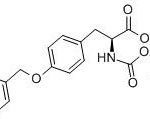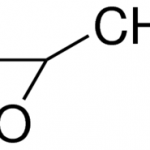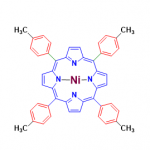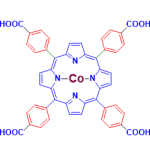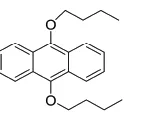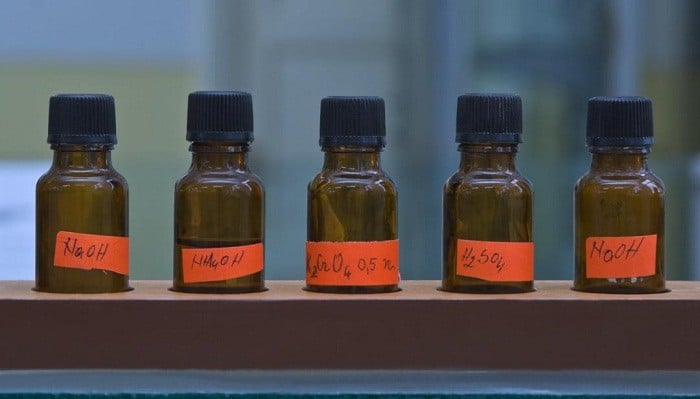 The importance of having knowledge about the concept and principles of inorganic chemistry can’t be stressed enough. It seamlessly integrates with other disciplines of chemistry, and helps drive many industrial processes towards optimization, execution and successful completion.
The importance of having knowledge about the concept and principles of inorganic chemistry can’t be stressed enough. It seamlessly integrates with other disciplines of chemistry, and helps drive many industrial processes towards optimization, execution and successful completion.- The Silicon Valley utilizes the chemical understanding of the inorganic element, silicon, to propel the information age.
- The pharmacists work every day with inorganic solutions and solvents, to develop novel drugs and test the efficacy of the existing ones.
- The food industry, leverages their understanding of the metallo-enzymesand the function they serve as catalysts, to speed up industrial processes.
What is Inorganic Chemistry?
Inorganic chemistry is the chemical study of inorganic compounds, including their properties, synthesis and reactions with other chemical compounds.What are inorganic compounds?
Inorganic compounds are those compounds that do not contain carbon-hydrogen bonds. This includes your acids, bases, compounds containing alkaline earth metals and transition metals, noble gases etc. Does these names sound similar to you? Now, can you establish the relationship?What Are the Different Type of Reactions You Come Across in Inorganic Chemistry?
Every inorganic reaction can be classified under one or more, of the following reaction categories:- Combination Reactions:These are the reactions in which two or more substrates react together to form a product.
- Decomposition Reactions:A decomposition reaction is a type of reaction in which a compound, on the action of heat or electricity, breaks down into its component substances.
- Single Displacement Reactions:A single displacement reaction is a reaction in which an atom of a compound, displaces the atom of another element, present in the other involved compound, to form a new product.
- Double Displacement Reactions: These are the reactions in which elements from two different compounds, displace each other to form new compounds.

